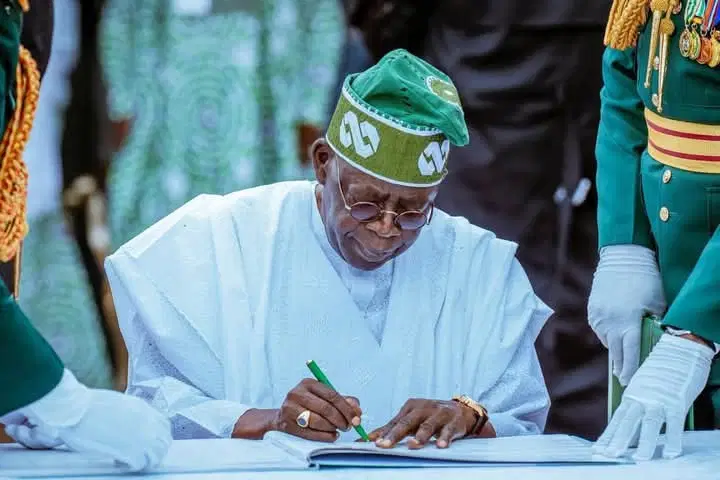Economic experts have expressed concerns over the Nigerian government’s decision to increase the 2025 budget by N4 trillion, warning that it could worsen inflation and strain the country’s financial stability.
For instance, David Adanri, Executive Vice Chairman of Highcap Securities Limited, criticized the move, stating that Nigeria’s fiscal policies contradict its monetary policies. “The financial management practice of the Federal Government does not inspire confidence,” Adanri said.
He argued that while fiscal policy remains expansionary—driven by excessive government spending—monetary policy is restrictive in an attempt to curb inflation.
He warned that the budget expansion could jeopardize the government’s goal of reducing inflation to 15% in 2025. “If the government is earning more revenue than projected, why not use the excess to reduce the deficit rather than expand spending?” Adonri questioned.
Also, a former Chartered Institute of Stockbrokers (CIS) President, Oluwole Adeosun, offered a different perspective, advocating for an ambitious budget to improve Nigeria’s inadequate infrastructure. “On a per capita basis, our budget is far below that of countries with similar demographics. How do we lift people out of poverty if the government isn’t spending enough to improve living standards?” he asked.
With conflicting views from financial analysts, the budget expansion has sparked fresh debate over Nigeria’s economic direction.
While some experts call for fiscal restraint, others argue that increased spending is necessary to drive economic growth and development.

